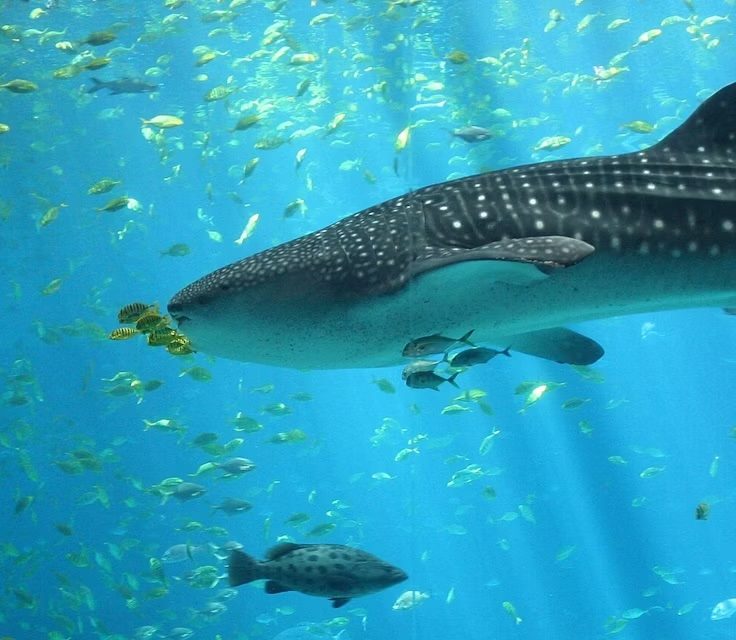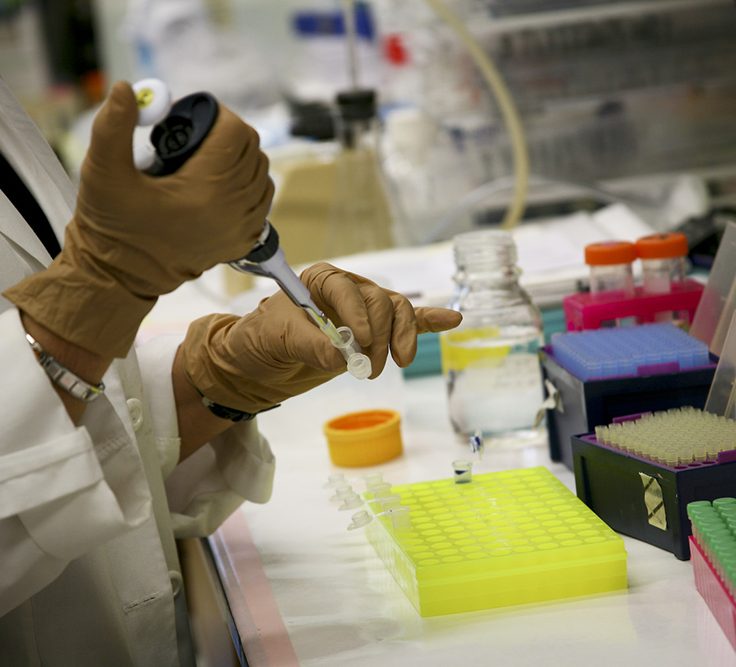Five college faculty elected AAAS fellows
The American Association for the Advancement of Science (AAAS), renowned as one of the largest scientific societies globally and publisher of the Science family of journals, announced the election of five faculty members across the College of Liberal Arts and Sciences to its newest class of fellows.
The prestigious distinction, a lifelong honor within the scientific community, was bestowed upon 502 scientists, engineers, and innovators across 24 disciplines worldwide. Each honoree works to instill trust in science within the academic community and spearhead the advancement of scientific accomplishments while mentoring the next generation of scientists.
The AAAS initiated its lifetime recognition program in 1874, approximately 25 years after its inception. Now in its 150th year, the program welcomes a cohort that embodies scientific excellence. They join a distinguished list of previous Fellows, including W.E.B. Du Bois, Mae Jemison, and Thomas Edison.
The newly elected Fellows will be honored with a certificate and a gold and blue rosette pin symbolizing science and engineering, respectively, to commemorate their election. A celebratory forum will take place on Sept. 21, 2024, and that evening, the AAAS will mark the program’s 150th anniversary at the National Building Museum in Washington, D.C.
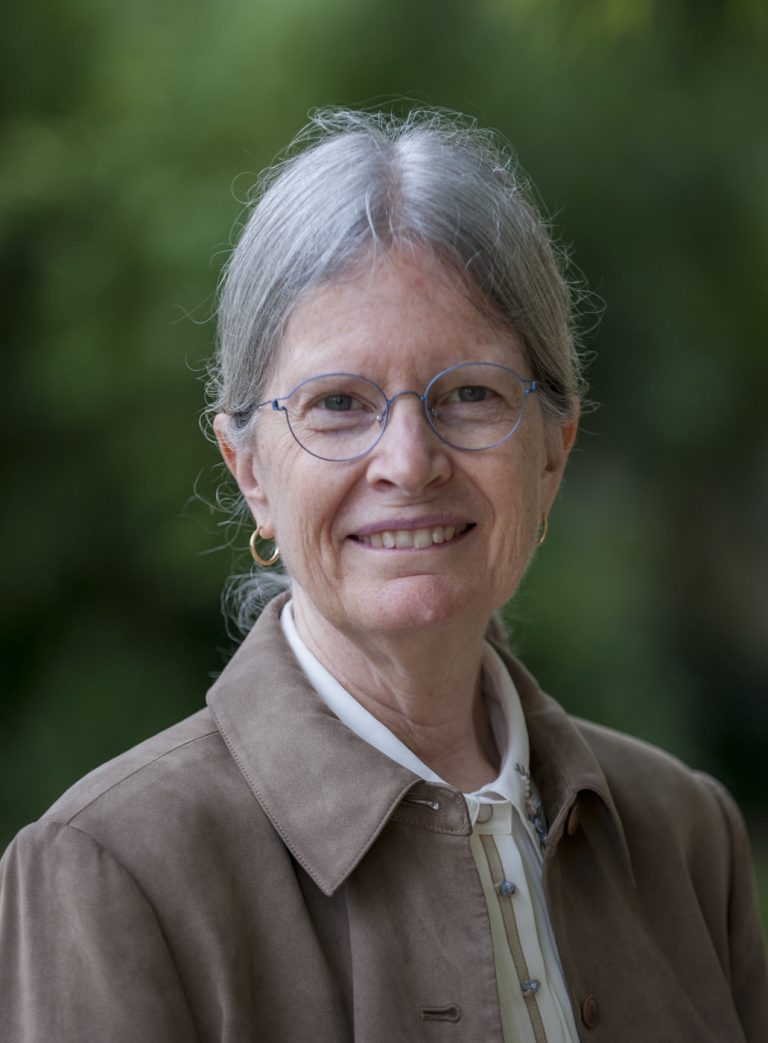
Karen Bjorndal: For distinguished contributions to understanding the biology and conservation of sea turtles worldwide, with field programs in many countries, and to fostering marine conservation more broadly.
Karen Bjorndal, a distinguished professor of biology and director of UF’s Archie Carr Center for Sea Turtle Research, is internationally recognized for her pioneering work in understanding the biology and conservation of sea turtles. Specializing in nutritional ecology and sea turtle biology, her research explores the crucial role of nutrition in influencing the growth and reproductive output of these vertebrate herbivores. Through field programs across multiple countries, Bjorndal has provided invaluable insights into sea turtle populations’ connectivity in the Atlantic and their broader impact on marine ecosystems. Additionally, her mentorship nurtures the next generation of researchers in marine conservation.
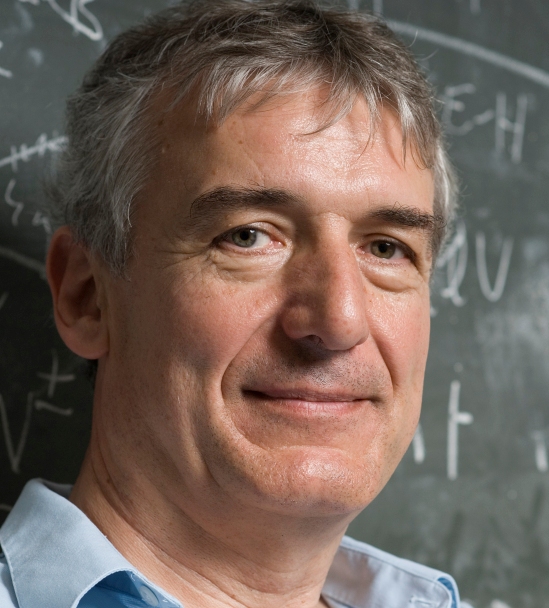 Pierre Sikivie: For pioneering work on cosmological axions and methods to detect them.
Pierre Sikivie: For pioneering work on cosmological axions and methods to detect them.
Pierre Sikivie, a distinguished professor of physics, is celebrated for his groundbreaking work on axions and their cosmological implications. He has made significant contributions to the field of theoretical physics, inventing both the axion haloscope and axion helioscope. Sikivie’s research has been instrumental in advancing the field, particularly in the development of the Axion Dark Matter eXperiment (ADMX) and laying the theoretical groundwork for detecting dark matter axions. Sikivie’s work has earned him prestigious honors, including the 2020 Sakurai Prize, a fellowship in the American Physical Society, and the Jesse W. Beams Medal.
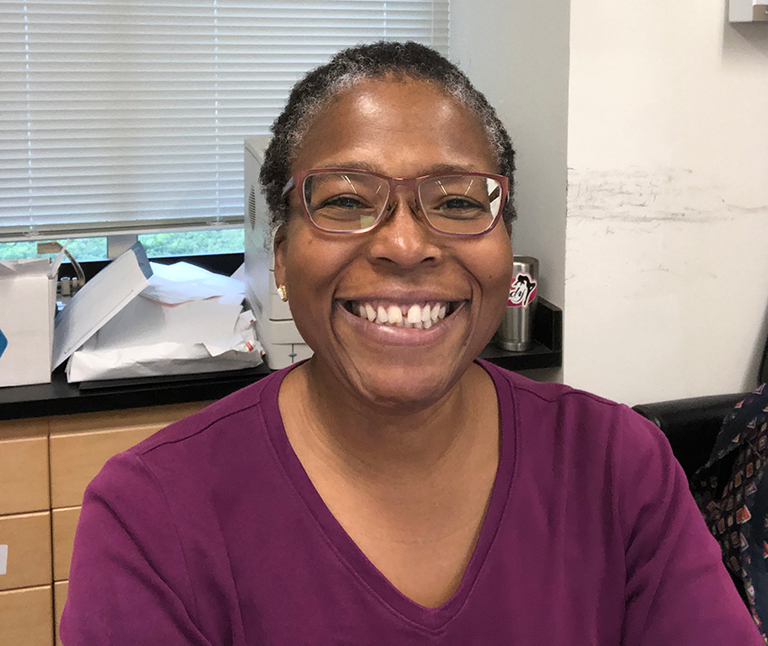 Phoebe Stubblefield: For distinguished contributions to the field of forensic anthropology, particularly for her forensic humanitarian work for the 1921 Tulsa Race Massacre Investigation.
Phoebe Stubblefield: For distinguished contributions to the field of forensic anthropology, particularly for her forensic humanitarian work for the 1921 Tulsa Race Massacre Investigation.
A renowned forensic anthropologist, Phoebe Stubblefield has advanced the field with pioneering research in human skeletal variation, identification, and paleopathology. Since 1990, she has led efforts to recover and analyze human remains as part of the ongoing investigation into the 1921 Tulsa race massacre. Her commitment to uncovering historical truths and preserving the memories of the victims is evident in her work. Stubblefield also serves as the interim director of the C.A. Pound Human Identification Laboratory.
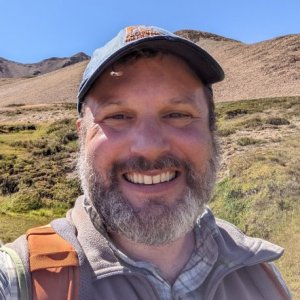 David Blackburn: For distinguished contributions to the field of biodiversity and evolutionary biology, particularly for understanding the diversity and evolution of frogs and making museum specimens more widely available.
David Blackburn: For distinguished contributions to the field of biodiversity and evolutionary biology, particularly for understanding the diversity and evolution of frogs and making museum specimens more widely available.
David Blackburn, curator of herpetology at UF’s Florida Museum of Natural History, is a leading biologist with extensive research experience. Serving as an affiliate faculty in the college’s Department of Biology and the Center for African Studies, he brings robust expertise to his position. As associate chair of the Department of Natural History, he oversees research and collections efforts, guiding faculty, curators, and students. Blackburn is committed to diversity and inclusion in science, driving initiatives at iDigBio to engage underrepresented students in biodiversity research. His career is marked by a dedication to sharing his research with diverse audiences, collaborating with exhibit teams, museum educators, and teachers to promote understanding of museums, evolution, and amphibians.
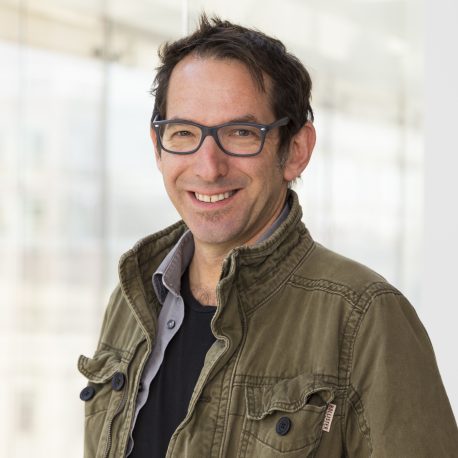 Robert Guralnick: For distinguished contributions to biodiversity informatics and global change biology, particularly for developing new tools for assembling biodiversity data and knowledge, and supporting public participation in science.
Robert Guralnick: For distinguished contributions to biodiversity informatics and global change biology, particularly for developing new tools for assembling biodiversity data and knowledge, and supporting public participation in science.
Robert Guralnick, a scientist at the Florida Museum of Natural History, uses digital data to comprehend and safeguard Earth’s biodiversity. As the museum’s curator of biodiversity informatics, Guralnick tracks shifts in biodiversity over time by digitizing collections and synthesizing large datasets. With over 200 publications and grants exceeding $7 million, his interdisciplinary approach has garnered acclaim within the scientific community. He holds affiliate appointments in the Departments of Biology, Geological Sciences, and Anthropology.
Most recently, Guralnick has focused on investigating the impacts of climate and landscape changes on biodiversity, collaborating on projects such as compiling databases of butterfly species and linking animal records across biological and archaeological domains.
Explore the 12 UF faculty members elected to the 2023 class of AAAS Fellows here.
